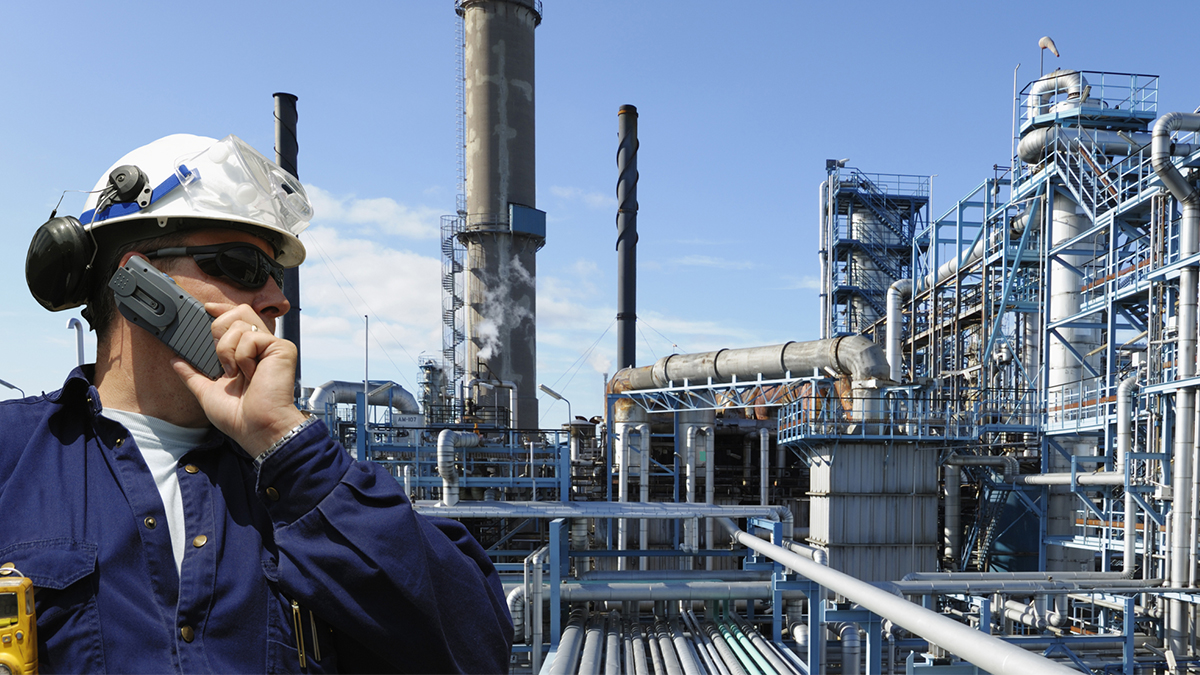Market News
China's woodworking machinery industry will enter the stage of smart manufacturing, transforming, and upgrading toward smart and high-end development.
2021-02-01 19:07:06
In 2020, the United States relies on the growth of demand in its construction market, which will drive the woodworking machinery industry's revenue to increase significantly. Among them, the residential structure construction market is the main supporting factor for the income growth of the woodworking machinery industry. The beauty, durability, and environmental protection requirements of wooden materials have also become factors driving increased revenue.
2021-02-01 16:36:18
A ball screw is a kind of transmission mechanical component in which a steel ball moves between screw and nut to convert the sliding contact of the traditional screw into rolling contact.
2020-10-30 11:04:10
In recent years, the Russian government has fully supported the development of the machine tool and automobile industry and has continued to try to get rid of the impact of continued Western economic sanctions and the decline in international crude oil prices. Therefore, the Russian government is actively promoting various "import substitution" and "production line modernization" policies.
2020-10-28 15:01:22
Russia is one of the four BRIC countries. The reason why Russia is listed as the BRIC is that Russia has a wealth of raw materials. Russia is easy to stand firm in the development of industrial production based on a balanced defense manufacturing industry foundation pace. But also because of Russia's abundance of raw materials, its export industry projects are too focused on fuel and energy products.
2020-10-28 10:58:34
Looking forward to the global offshore wind power market from 2019 to 2030, the annual compound growth rate will reach 15.2%. The global cumulative installed capacity will reach 86GW in 2025 and 142GW in 2030. China, the UK, and Germany will become the world’s top three markets. India, the United States, and Taiwan will become emerging markets with the greatest growth potential!
2020-10-27 15:18:48
The trade war and the epidemic have impacted the global economy. No country can stay aside. As the world's top three exporters of machine tools, Japan is also facing the dilemma of a simultaneous decline in export and domestic demand! Although the orders from China in June ended Japan’s 27 consecutive months of negative growth over the same period, the machine tool industry’s demand for face-to-face with customers and delivery of machine installations has stagnated because the restrictions on movement have not been lifted, and the original production plan in the case of delay or contraction, all localities remain cautious about investment. Facing the impact of the epidemic, Japan’s Ministry of Economy, Trade, and Industry have also offered relief measures for manufacturers, including rent, working capital, preferential loans, and trade insurance, to avoid large-scale corporate failures in the country, and encourage Japanese companies to increase capital investment. Maintain the momentum of economic growth.
2020-10-20 11:00:44
As most of the world still struggles with the coronavirus pandemic, China is showing once again that a fast economic rebound is possible when the virus is brought firmly under control.
2020-10-19 13:02:44
Disruptive technology is overturning the digital transformation of the automotive supply chain. The recent COVID-19 epidemic has hit the global auto market. The demand for transformation within the industry has increased. The integration of technology applications and electric vehicles will become the future development trend.
2020-10-16 16:34:33
In 2020, Taiwan manufacturing output will decline by about 5%, but the semiconductor industry will maintain positive growth. Semiconductor refers to a material whose conductivity can be controlled. The upstream of the semiconductor industry chain is IP and IC design, the midstream is IC, wafer, mask or chemical manufacturing, and the downstream is the packaging and testing industry.
2020-10-13 15:20:30
Hot Topic
Agree










